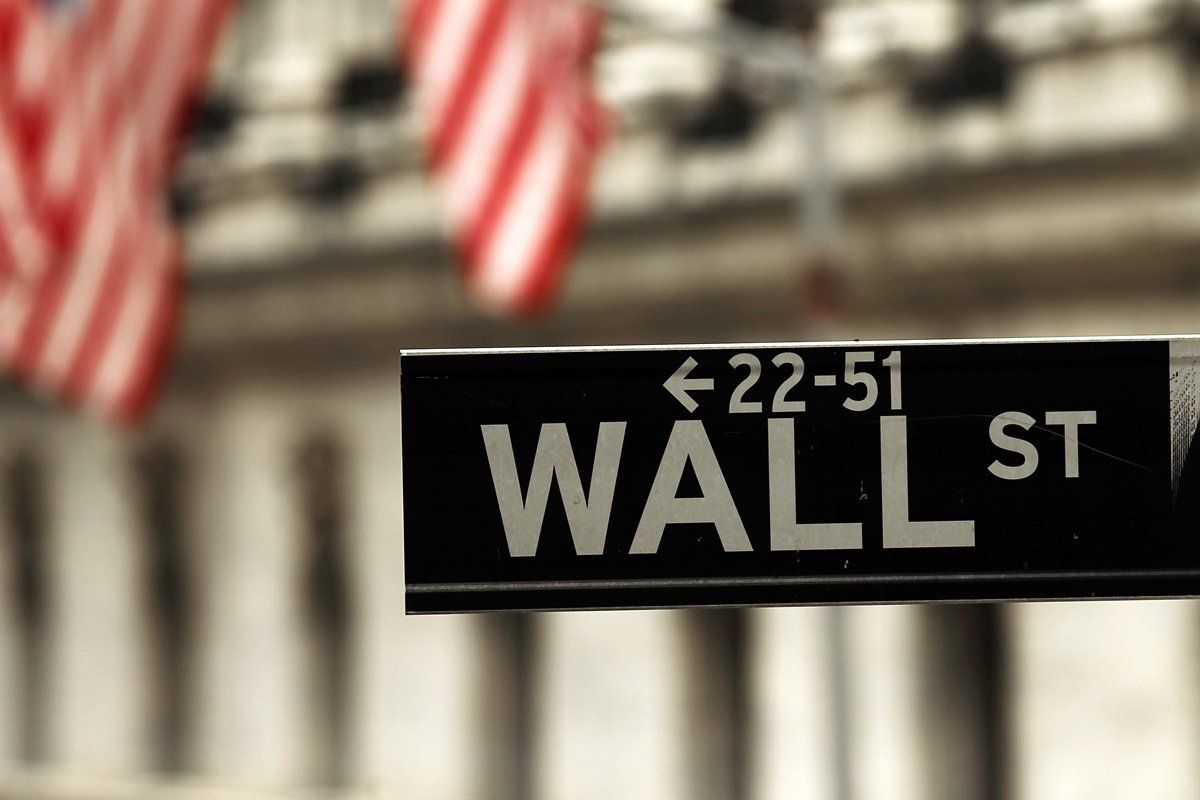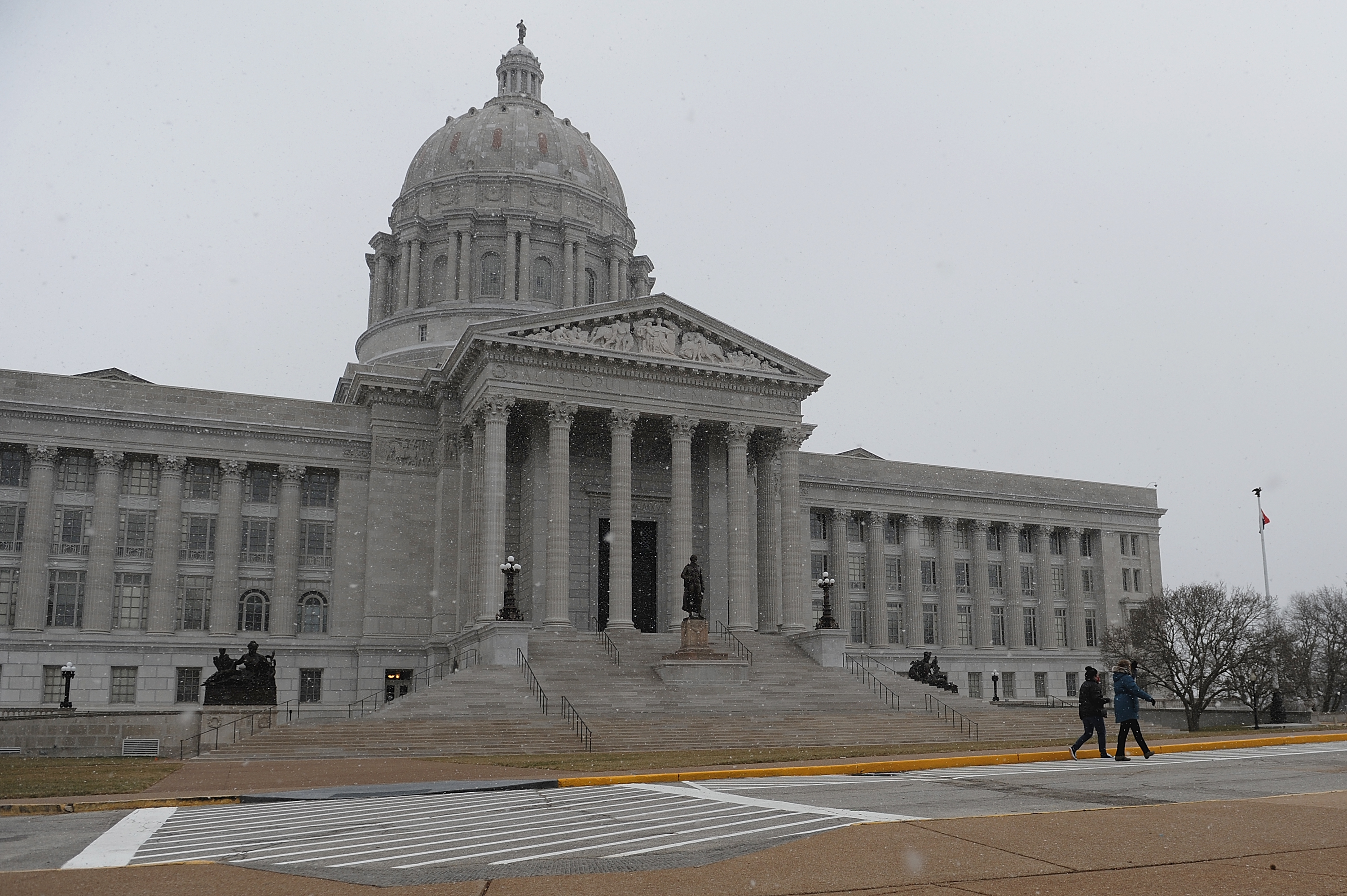
I've seen this attack ad before.
Nearly 80 years have elapsed since Franklin Roosevelt savaged the "stubbornness" and "incompetence" of "the rulers of the [stock] exchange" and the "unscrupulous money changers" in his first inaugural address: "Stripped of the lure of profit ... they have resorted to exhortations, pleading tearfully for restored confidence. They know only the rules of a generation of self-seekers ... The money changers have fled from their high seats in the temple of our civilization. We may now restore that temple to the ancient truths. The measure of the restoration lies in the extent to which we apply social values more noble than mere monetary profit."
Admittedly President Obama's rhetoric lacks Roosevelt's biblical flourishes. Nevertheless, the intent of Obama's recent assault on Mitt Romney's record as chief executive of Bain Capital is essentially the same.
"My view of private equity is that it is set up to maximize profits," the president said, reacting to criticism of his campaign's latest attack ad. "And that's not always going to be good for communities or businesses or workers ... When you're president, as opposed to the head of a private-equity firm, your job is not simply to maximize profits. Your job is to figure out how everybody in the country has a fair shot. Your job is to think about those workers who got laid off ... to take into account everybody, not just some ... This is what this campaign is going to be about."
So it's the White House vs. Wall Street, all over again, with a "Fair Shot" standing in for the New Deal.
Now, I can see exactly why the Obama campaign has made this choice. The Democrats' voter base is mad at bankers. The Republicans squirm when they have to defend Wall Street. And no wonder. First the masters of the universe at JPMorgan Chase—the guys who supposedly know how to manage risk—turn out to have lost more than $2 billion in a highly risky derivatives trade placed by a guy in London nicknamed "the Whale." Then the Facebook initial public offering is revealed to have been an initial private offering for those in the know, who were tipped off ahead of time about the social-networking company's latest lousy revenue numbers.
Small wonder that other scourge of Wall Street, Paul Krugman, is close to bursting with righteous indignation.
There are just three problems for him and the president. First, this isn't France. Bashing finance worked well for François Hollande in the recent presidential elections there. But the same tactic makes even some Democrats uncomfortable here (like Newark, N.J., Mayor Cory Booker, ex-congressman Harold Ford Jr., and former "auto czar" Steve Rattner).
Second, Obama is nearing the end of his first term as president, unlike Roosevelt in 1933, who was just starting out. He and his party have already passed a massive piece of financial regulation, the 2,319-page Wall Street Reform and Consumer Protection Act (Dodd-Frank, for short). And guess what? It's garbage. Despite requiring regulators to create 243 new rules, conduct 67 studies (to see if the rules are actually necessary), and issue 22 periodic reports, it somehow manages to miss the real causes of the crisis. A mass of ambiguous, contradictory complexity, its sole result will be to generate jobs for lawyers advising compliance departments.
Third, far from putting the nation on track for recovery, the president's Fair Shot is sending us over a fiscal cliff. Last week the Congressional Budget Office issued a stark warning that if Washington allows the Bush tax cuts to expire and the preprogrammed spending cuts (code-named sequestration) to go ahead, the economy will contract by 1.3 percent in the first half of 2013. And remember: the reason is that President Obama cynically canned the eminently sensible recommendations of the Simpson-Bowles commission.
Yes, I know it's shocking. Before Mitt Romney entered politics, he started up and successfully ran a private-equity shop. He turned money-losing companies around, partly by firing surplus employees. Before Barack Obama entered politics, he was a community organizer, then a lawyer. The firm where he worked in the 1990s specialized in civil-rights litigation and neighborhood economic development. Visit Chicago to see how well that went.
The president wants this election to be the White House vs. Wall Street. But if it's really Harvard Business School vs. Harvard Law School, I'll take the M.B.A. over the J.D. every time.
The only jobs lawyers ever create are for other lawyers. And if you don't believe me, you clearly haven't read Dodd-Frank.
Uncommon Knowledge
Newsweek is committed to challenging conventional wisdom and finding connections in the search for common ground.
Newsweek is committed to challenging conventional wisdom and finding connections in the search for common ground.
About the writer
To read how Newsweek uses AI as a newsroom tool, Click here.






